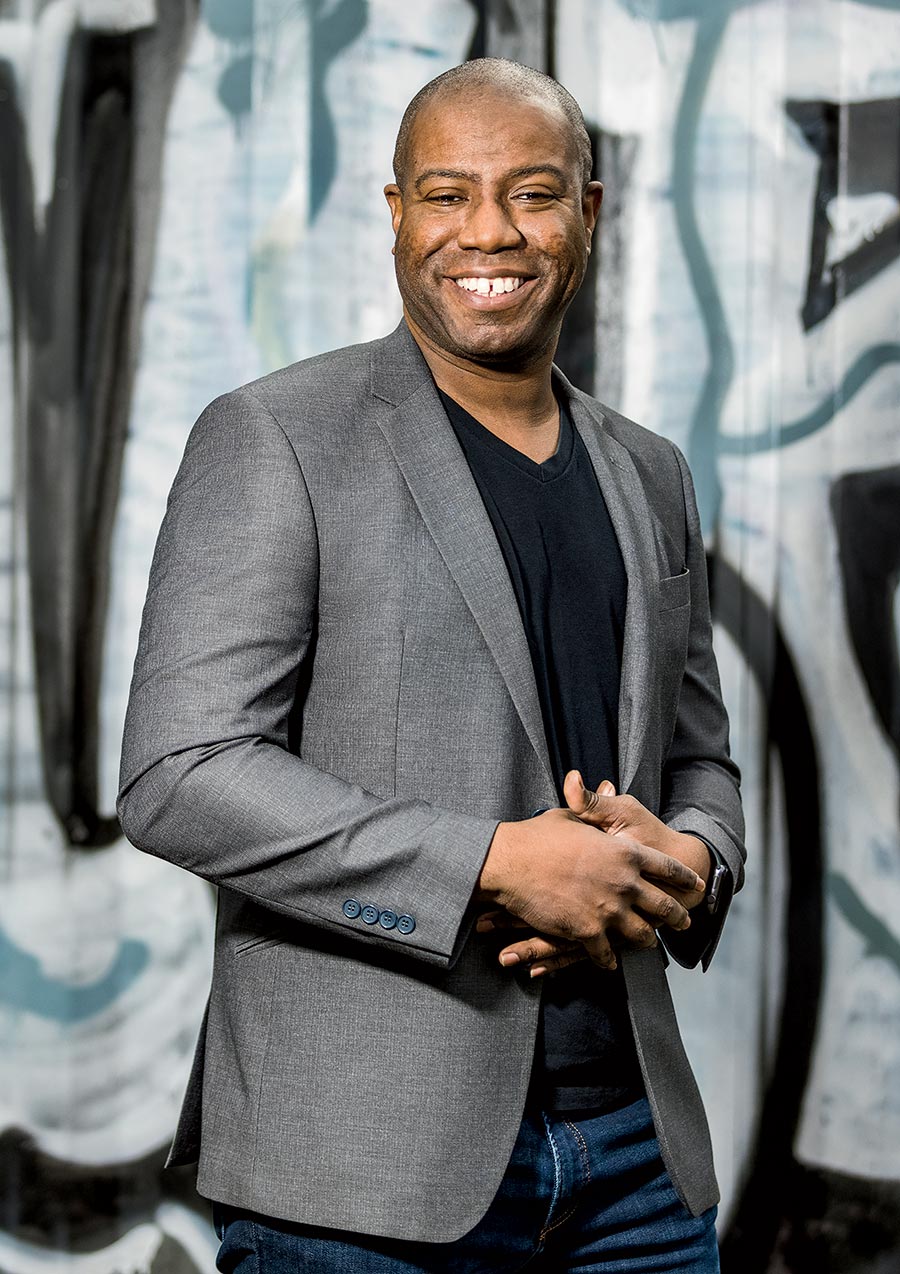What are some things you’re doing to address the racism that was called out by members and alumni last summer?
The diversity task force we are staffing right now is going to be reaching out to the community. And it’s going to make sure we’re staying committed and accountable. We’ve gone through our archive to make sure we’re putting onstage the work that actually reflects this new voice. And then [diversity and inclusion] training not only throughout the company, but with the leadership — up to the owners. Even me.
You led audience development at a theater in Atlanta. How do you plan to diversify Second City’s reach?
It’s a matter of creating a place where people of different backgrounds can feel comfortable. We have to go to these communities and say, “It’s worth your time to come and see a show because there’s going to be something there for you.”
There’s a line in your play Black Nerd where the grandma asks, “Is this a Black play or a white play?” Do you want to create comedy that is universally funny? Or is it OK if not everyone gets every joke?
One of the shows I’ve become a fan of is Downton Abbey. I have a distinct feeling that the writers were not thinking about me when writing Downton Abbey. But I can see the human connections that make it interesting to me. People get confused about the idea of universal: “I’ve got to make something that works for everyone.” I think it’s actually the opposite. The more specific, the more honest you get about your experience, the more people connect. I want to start empowering our artists to let their experiences and their voices dictate what you see onstage.
How do you change the expectations of an audience that is used to stereotypes?
It’s not necessarily saying, “All right, now I want to tell this type of Black story.” By encouraging our artists of color to be honest, that’s when you get the nuanced understanding of a different experience. And if you can do that, then somebody who might be coming in with certain expectations, I want them to be surprised. I want them to be caught off guard. The most surprising thing is real life. And the more we can put that on the stage, the more we can look at the comedy we do through that lens, the more we can present some really interesting and engaging work.




Comments are closed.